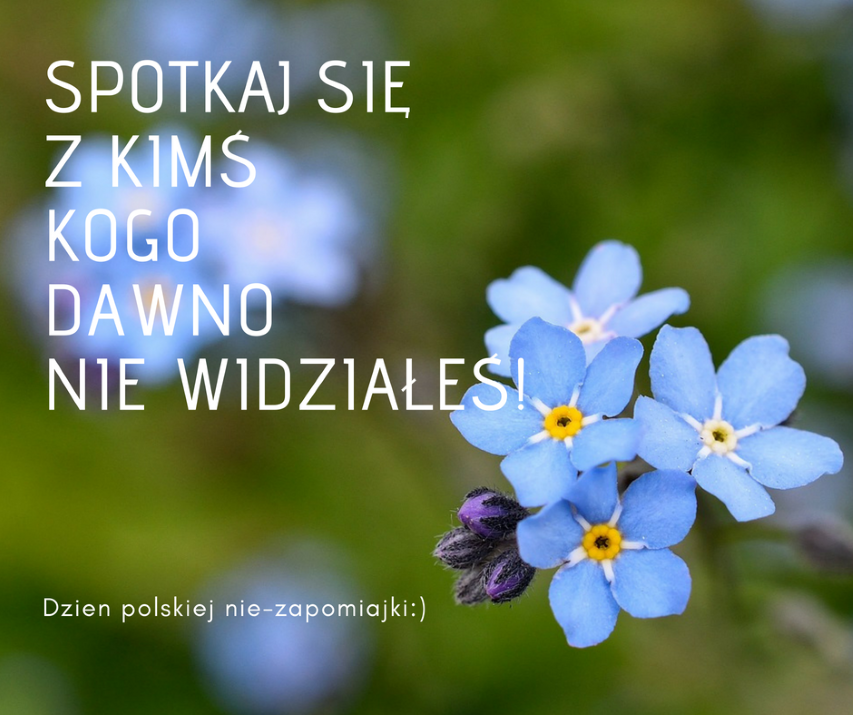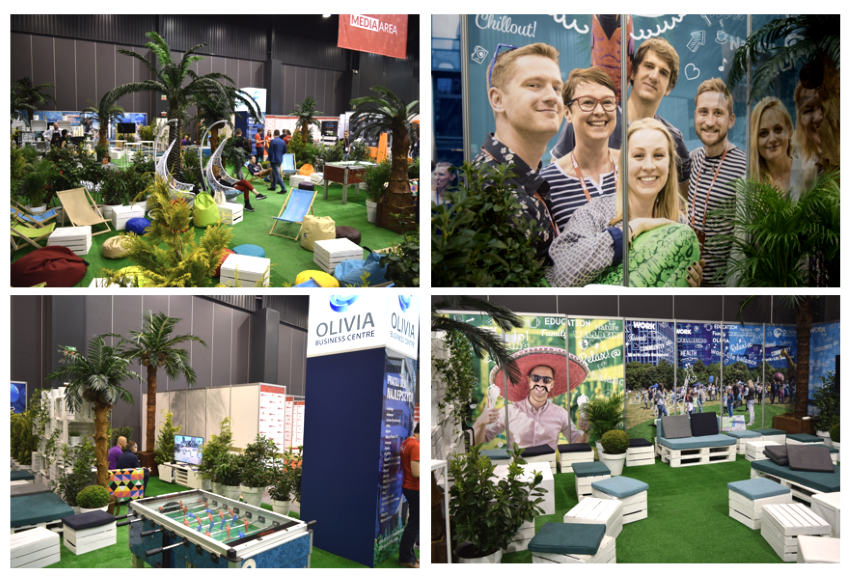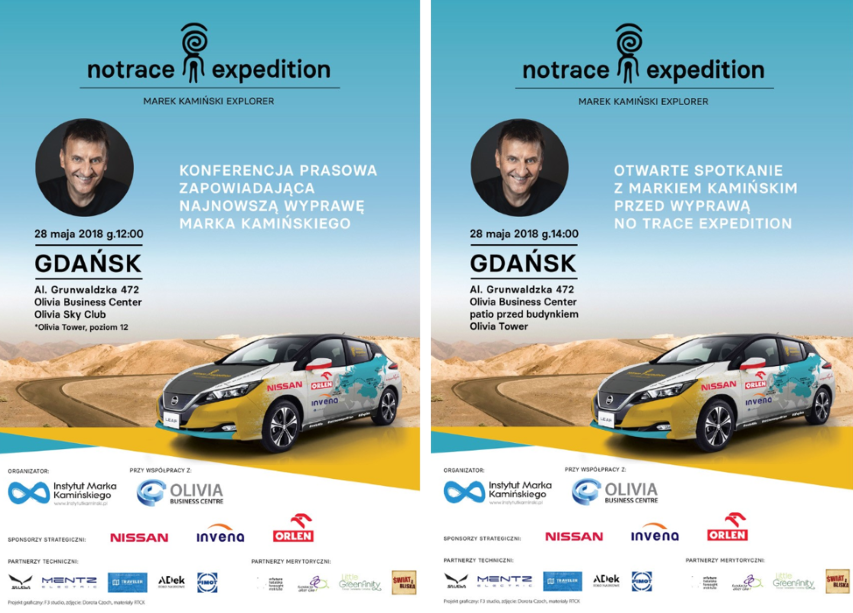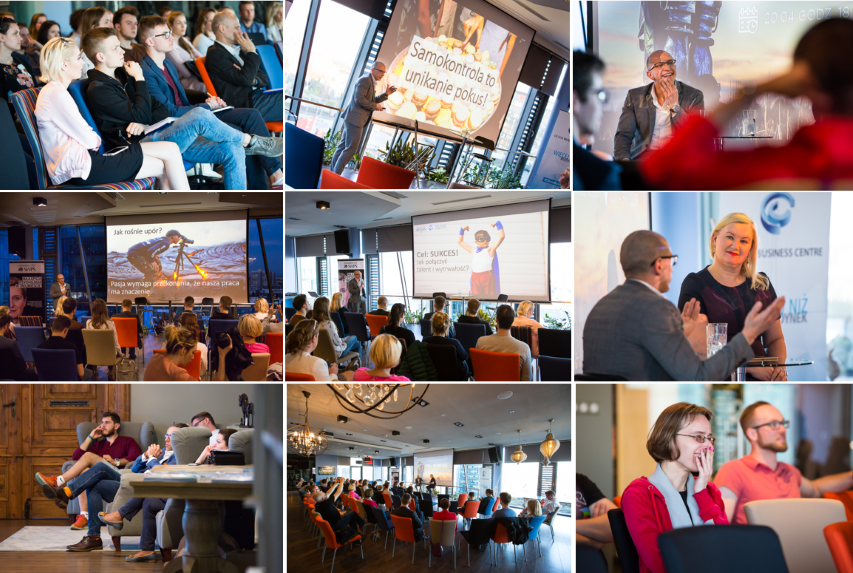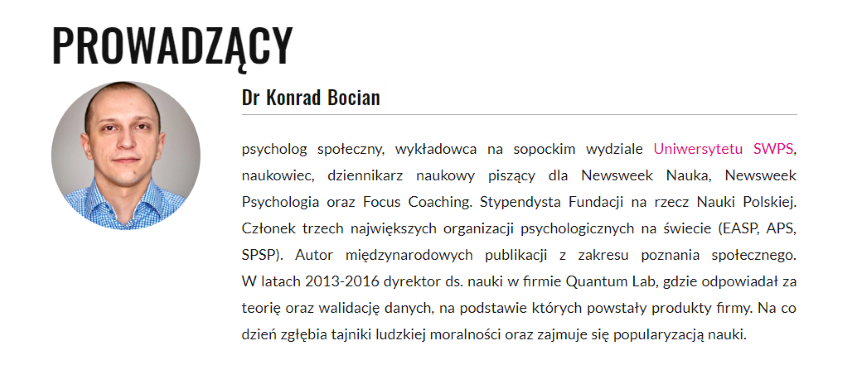The Minister of Entrepreneurship and Technology, Jadwiga Emilewicz, took part in the debate “Gdańsk Metropolis on the map of Polish entrepreneurship”, which took place in Olivia Business Centre. The participants of the event discussed how the potential of metropolitan areas can be used and what is the significance of the Gdańsk Metropolis for Polish business and economy. The meeting was organized by the Jagiellonian Club.
As Minister Emilewicz said, there is no way to turn away from certain global trends, because 70% of the world’s population lives in large cities. “A similar phenomenon can be observed in Poland, where there are strong depopulation movements in the second and third speed centres, in favour of large cities. At the same time, research indicates that in a moment it will be impossible to live in large centres, as they are approaching the limits of their capabilities, whether in terms of transport or other areas of service for residents. The way to do this is to introduce sustainable development and use the potential of strong academic centres. Some kind of investments will always appear in the vicinity of academic centres. A very good example are places like the one we are in, located right next to the campus of the University of Gdańsk. Polish cities are already high in global rankings for the best locations for shared service centres. The Tri-City is one of the largest academic centres – it has 23 universities educating over 100 thousand people. At the same time, it is the largest agglomeration on the Baltic Sea. So it’s a strategic function and a commitment.”
Metropolitan areas are poles of growth and innovation. They both strengthen the strength of the national economy by attracting the largest companies, and improve the quality of life of residents. The success of a metropolis depends primarily on the proper use of the potential of large urban centres as well as on the external impulse. Olivia Business Centre has also contributed to the growing importance of the metropolis, implementing a number of programmes through the activities of accelerators, start-ups and co-working.
The subject of the future, the shape of the Gdańsk Metropolis and its importance for Pomerania and Polish appears in Olivia not for the first time. OBC is m.in. partner of the “Metropolitan Debates” series, organized by the editors of Dziennik Bałtycki. Throughout the first half of 2018, representatives of local governments, universities, cultural and art institutions, entrepreneurs and politicians meet in Olivia Business Centre to discuss the most important topics for our agglomeration. Among the issues addressed were m.in. Common ticketing and public transport, solutions for problems of environmental protection, education, regional development planning…
So far, the guests of the debates have m.in: Paweł Adamowicz, Mayor of Gdańsk; Wojciech Szczurek, Mayor of Gdynia; Jacek Karnowski, Mayor of Sopot; Aleksandra Dulkiewicz, Deputy Mayor of Gdansk; Katarzyna Gruszecka-Spychała, Deputy Mayor of Gdynia; Prof. Iwona Sagan from the University of Gdansk; Joanna Witkowska, Director of the Provincial Labour Office in Gdańsk; Maciej Grabski, President of Olivia Business Centre; Zbigniew Canowiecki, President of the Pomeranian Employers; Patryk Demski, Mayor of Pelplin; Kazimierz Smoliński, Deputy Minister of Infrastructure; Ryszard Świlski, Member of the Board of the Pomeranian Voivodeship; Paweł Chorąży, Deputy Minister in the Ministry of Development; Kazimierz Kleina, senator (PO); Marcin Horała, Member of the Sejm (Law and Justice); Edyta Damszel-Turek, Director of the Gdańsk Development Office; Magdalena Kołodziejczak , Mayor of the Pruszcz Gdański Commune, Krzysztof Rudziński , President of InnoBaltica, Marcin Wołek, Gdynia City Councillor, communication specialist.
The next meeting dedicated to the quality of life in Pomerania will take place on 26 June. Register for the event.
The substantive partner of the debates is the Gdańsk-Gdynia-Sopot Metropolitan Area Association.
Opening debate on the metropolis
II Metropolitan Debate on Mobility in Pomerania
III Metropolitan Debate on the competitiveness of metropolises

